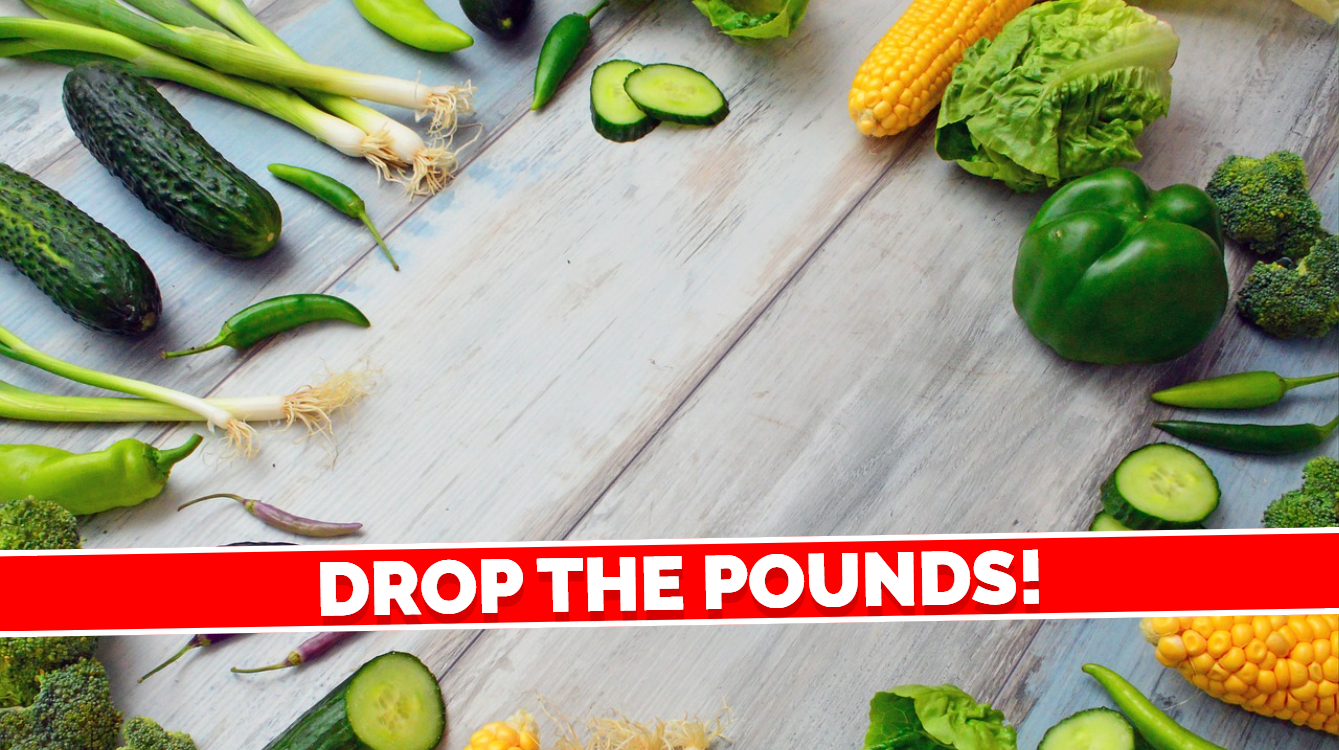

This post may contain affiliate links which means I may receive a commission for purchases made through links. I will only recommend products that I have personally used! Learn more on my Private Policy page.
Heart disease remains a leading cause of death worldwide. However, many of the risk factors associated with this condition are modifiable, including excess weight. By shedding those extra pounds, you can significantly reduce your risk of heart attack, stroke, and other cardiovascular complications. This article will explore the connection between weight loss and heart health, providing practical strategies to help you achieve your goals.
The Link Between Weight and Heart Health
Excess weight can contribute to several factors that increase the risk of heart disease:
Setting Realistic Goals
Before embarking on your weight loss journey, it’s essential to set realistic and achievable goals. Consult with a healthcare professional to determine a healthy weight range for your height and build. Remember, sustainable weight loss is often gradual, so aim for a steady pace rather than rapid changes.
Creating a Balanced Diet
A healthy diet is a cornerstone of weight loss and heart health. Focus on incorporating the following:
Portion Control
Even with a healthy diet, it’s easy to overeat. Pay attention to portion sizes to avoid consuming excess calories. Use smaller plates and bowls to help control portions visually.
Staying Hydrated
Drinking plenty of water throughout the day can aid weight loss in several ways. It can help reduce feelings of hunger, promote digestion, and support overall health.
Regular Physical Activity
Exercise is essential for weight loss and heart health. Aim for at least 30 minutes of moderate-intensity exercise most days of the week. Walking, jogging, cycling, swimming, and dancing are all excellent options.
Strength Training
In addition to cardio exercise, incorporating strength training can help build muscle mass and boost metabolism. Consider weightlifting, resistance band exercises, or bodyweight exercises like push-ups and squats.
Finding Social Support
Weight loss can be challenging, but having a support system can make a significant difference. Join a weight loss group, find a workout buddy, or share your journey with friends and family.
Addressing Emotional Eating
Emotional eating can sabotage weight loss efforts. Develop healthy coping mechanisms for stress, anxiety, or other emotional triggers. Practice mindfulness, engage in hobbies, or seek professional help if needed.
Monitoring Progress
Track your progress regularly to stay motivated and identify areas where you may need to make adjustments. Keep a food journal, measure your waistline, or take progress photos.
Celebrating Successes
It’s important to celebrate your achievements along the way. Reward yourself with non-food-related treats like a massage, a new book, or a day trip.
Overcoming Challenges
Weight loss is not always a linear journey. There may be setbacks or plateaus. Stay patient and persistent, and remember that progress takes time.
Consulting with a Healthcare Professional
Before starting any new diet or exercise program, it’s advisable to consult with a healthcare professional. They can assess your overall health, provide personalized guidance, and address any underlying medical conditions.
Conclusion
Dropping those extra pounds can significantly improve your heart health and reduce your risk of cardiovascular disease. By adopting a balanced diet, engaging in regular physical activity, and making lifestyle changes, you can take control of your health and enjoy a happier, healthier life. Remember, sustainable weight loss is a journey, not a destination. Stay focused, stay motivated, and embrace the positive changes you’ll experience along the way.
Additional Resources
Transform Your Life: Achieve Happiness in 2025 Now!
Body and Mind: Unlock Your Full Potential Today.
5 Superfoods You Need to Try for Instant Energy and Vitality.
10 Proven Ways to Boost Your Health and Wellness Naturally
Maximize Your Workout: Proven Supplements for Optimal Performance.
“10 Morning Habits to Instantly Boost Mental Clarity and Focus.
Healthy People: Tips for a Vibrant Lifestyle.
“Proven Ways to Instantly Reduce Stress and Supercharge Your Mental Well-Being.
